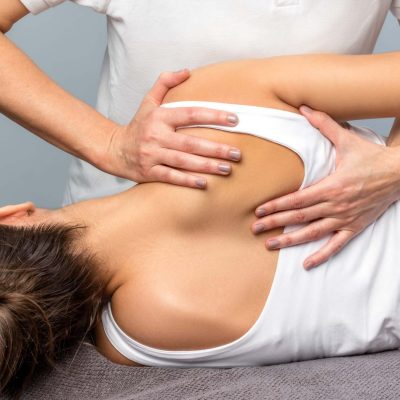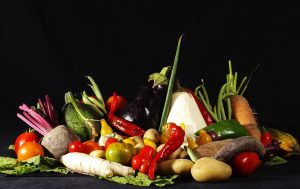Why do we need water?
Your body is nearly two-thirds water and so it is really important that you consume enough fluid to stay hydrated and healthy. If you don’t get enough fluid you may feel tired, get headaches and not perform at your best. ‘Fluid’ includes not only water from the tap or in a bottle, but also other drinks that give you water such as tea, coffee, milk, fruit juices and soft drinks. You also get water from the food you eat – on average food provides about 20% of your total fluid intake.
How much do you need?
The amount of fluid you need depends on many things including the weather, how much physical activity you do and your age, but European recommendations suggest 1.6L of fluid per day for women (about 8 200ml glasses) and 2L of fluid per day for men (about 10 200ml glasses). This is on top of the water provided by food you eat. You can get water from nearly all fluid that you drink, apart from stronger alcoholic drinks such as wine and spirits.
Can you drink too much?
Yes – drinking excessive amounts of fluid is not helpful and, in rare cases can be dangerous. If you are passing urine frequently and your urine is very pale, you may be drinking more than you need.
Does it matter which drinks you choose?
When you choose your drinks it is important to be aware that although they all provide water and some also contain essential vitamins and minerals, they may also provide energy (calories). These calories contribute to your daily calorie intake in the same way as those from the foods you eat. It is also important to look after your teeth, and consuming sugar-containing drinks too often can potentially harm your teeth, especially if you don’t brush teeth regularly with fluoride toothpaste. It is also important to be aware that some drinks are acidic (e.g. fruit juice and carbonated drinks) and that this may cause dental erosion (damage to tooth enamel) if they are consumed frequently. For children, the use of a straw lessens the contact with teeth.




